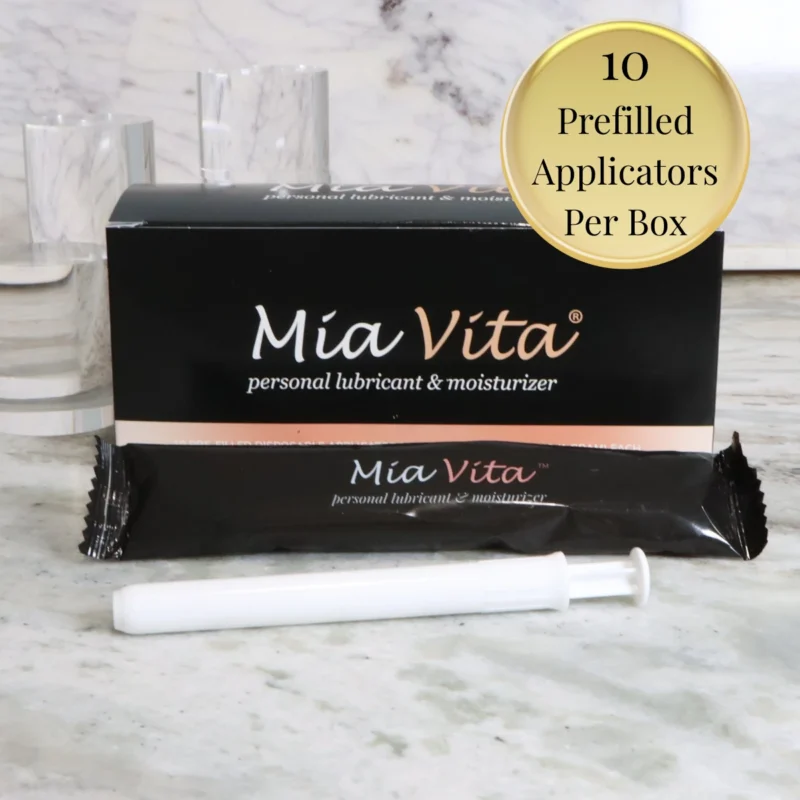Among the roller coaster ride of symptoms associated with perimenopause and menopause, one of the most unsettling and anxiety-provoking for many women is brain fog. Those frequent episodes of forgetfulness, confusion, difficulty concentrating, and mental fatigue are shared by up to 70% of women and can make you feel as if your brain has turned into molasses.
How estrogen decline leads to memory problems and brain fog
Your brain is loaded with estrogen receptors, particularly in the memory storage and processing areas. Estrogen enhances memory functions, in part, by promoting increased supply of glucose to these areas. As a result, as estrogen declines, the processing time required to store or access memory increases.
But estrogen isn’t the only culprit. Declines in other sex hormones during menopause, like follicle-stimulating hormone (FSH) and luteinizing hormone (LH), have also been linked to memory problems.
Some brain functions are more affected than others
In menopausal brain fog, verbal recall seems to be affected more than other types of memory retrieval, like forgetting about a planned event, such as an appointment. It’s also important to note that the forgetfulness or tip-of-the-tongue phenomenon that happens as a part of brain fog in menopause is related to a slowing of the brain’s processing speed rather than a loss of executive brain functions, such as strategizing and planning.
Hot flashes and brain fog
Studies show that women who experience moderate to severe hot flashes (the official term is vasomotor symptoms) tend to have more problems with memory. Night sweats that prevent you from getting to sleep or that wake you up are interfering with your sleep quality and quantity, which can definitely impact your mental acuity during the day. Additionally, even vasomotor symptoms are mild enough to go unnoticed, i.e., not wake you up, have been correlated with lower scores on verbal memory tests.
The good news is that perimenopause forgetfulness tends to resolve and not persist beyond menopause into the postmenopausal years. Interestingly, women have an edge over men when it comes to verbal learning and memory across the lifespan, so you can think of menopausal brain fog as a mere blip in the road.
Treatment options for brain fog
Hormone replacement therapy
The effects of HRT on cognitive function are complex and currently there is insufficient evidence showing that it improves memory, so the International Menopause Society doesn’t recommend it.
Manage your stress
A stressed brain doesn’t think clearly and when you’re stressed, on top of coping with perimenopausal and menopausal brain fog your cognitive abilities will only suffer more, since the stress hormone cortisol is known to suppress learning and memory, particularly verbal memory, the type that is most affected in perimenopausal and menopausal brain fog. Stress management needs vary from person to person and helpful techniques might include recreational exercise, improving time- or money-management skills, seeing a psychotherapist, or others.
Exercise your body
A great stress-buster and mind-clearer, regular exercise leads to improved sleep and more energy and mental acuity during the day. Aerobic and resistance exercise can both help reduce the frequency and severity of hot flashes, which can translate to less brain fog. Choose an exercise you’ll enjoy and that is safe for you to do at a moderate level (no need for high-intensity workouts) for at least 30 minutes a day, most days of the week.
Exercise your brain
Practice word games, memory training tricks, etc. A review of published studies found that cognitive training is effective in healthy older adults, providing moderate benefits for improving executive function and somewhat smaller benefits for memory and attention.
Get better sleep
There are many safe, healthy ways to improve your sleep life and why not do any and all that seem appealing. A brisk walk in nature, a soothing massage, a warm or cold bath, aromatic essential oils, melatonin. All of these have been shown to help menopausal women get the sleep they need.
Take supplements
- Omega-3 fatty acids make aging brain synapses snappier, promote the growth of neurons in the memory storage area of the brain, and reduce low-level, chronic inflammation in the brain – the kind that can cause cognitive decline and dementia.
- Gingko biloba is an herb that improves microcirculation through tiny capillaries, helping to ensure the brain gets plenty of O2, glucose, and everything else it needs. Gingko is known for improving memory and cognitive function.
- Mia Vita sleep supplement contains 10Mg Melatonin, Ashwagandha, L-Theanine, and Gamma Amino-Butyric Acid to help you by reducing stress, and anxiety and may improve quality of sleep.
Consider cognitive-behavioral therapy and brain fog
CBT is a type of short-term therapy consisting of a series of four to six sessions and has been found to improve hot flashes, sleep, and mood, and reduce stress in menopausal women, all of which can help alleviate brain fog.
Though menopausal brain fog can make you feel like your brain’s been hijacked, it gets better with time. If symptoms persist post-menopause, they could be a sign of early dementia and should be evaluated by a doctor.
FemmePharma has been helping women navigate menopause for over two decades. No matter where you are in your journey, you deserve to have knowledgeable, intimate healthcare partners to help you feel your best. Explore our other articles, podcast episodes with women’s health experts, and products to ease your transition into menopause.



